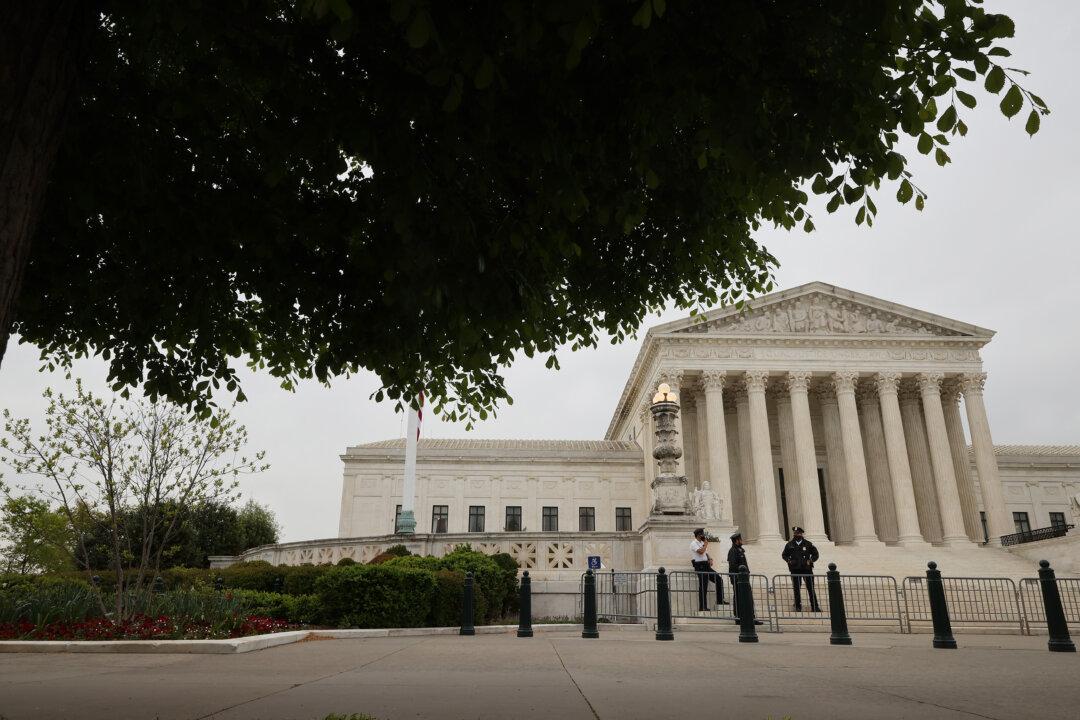The Supreme Court ruled 6–3 that for-profit Alaska Native Corporations (ANCs) are American Indian tribes, and as such are entitled to seek pandemic-related financial relief set aside for tribes in last year’s CARES Act.
Justice Sonia Sotomayor wrote the court’s opinion in Yellen v. Confederated Tribes of the Chehalis Reservation, court file 20-543, and the related case, Alaska Native Village Corporation Association Inc. v. Confederated Tribes of the Chehalis Reservation, court file 20-544, which was released June 25. Janet Yellen is the secretary of the Department of the Treasury.





